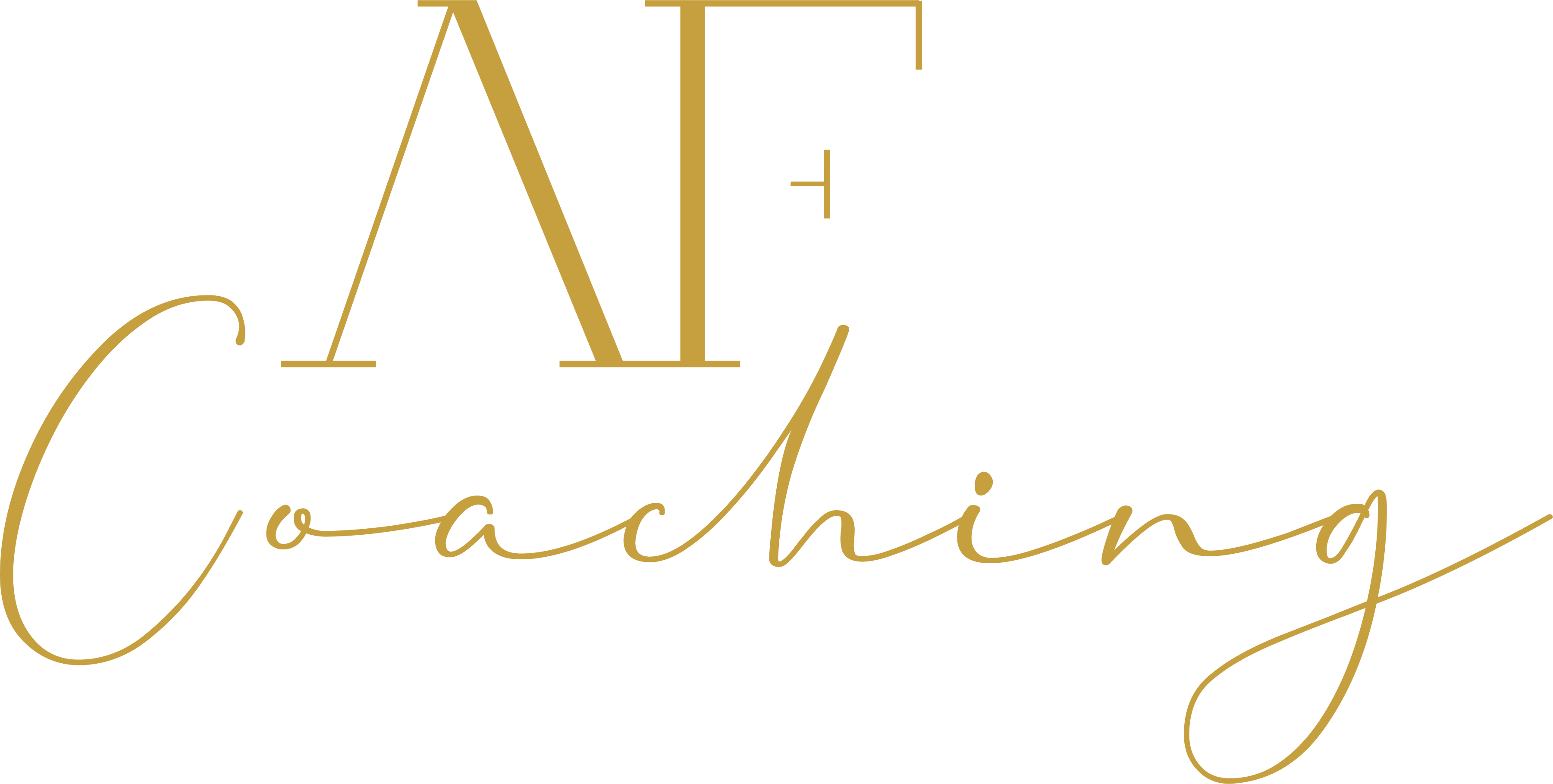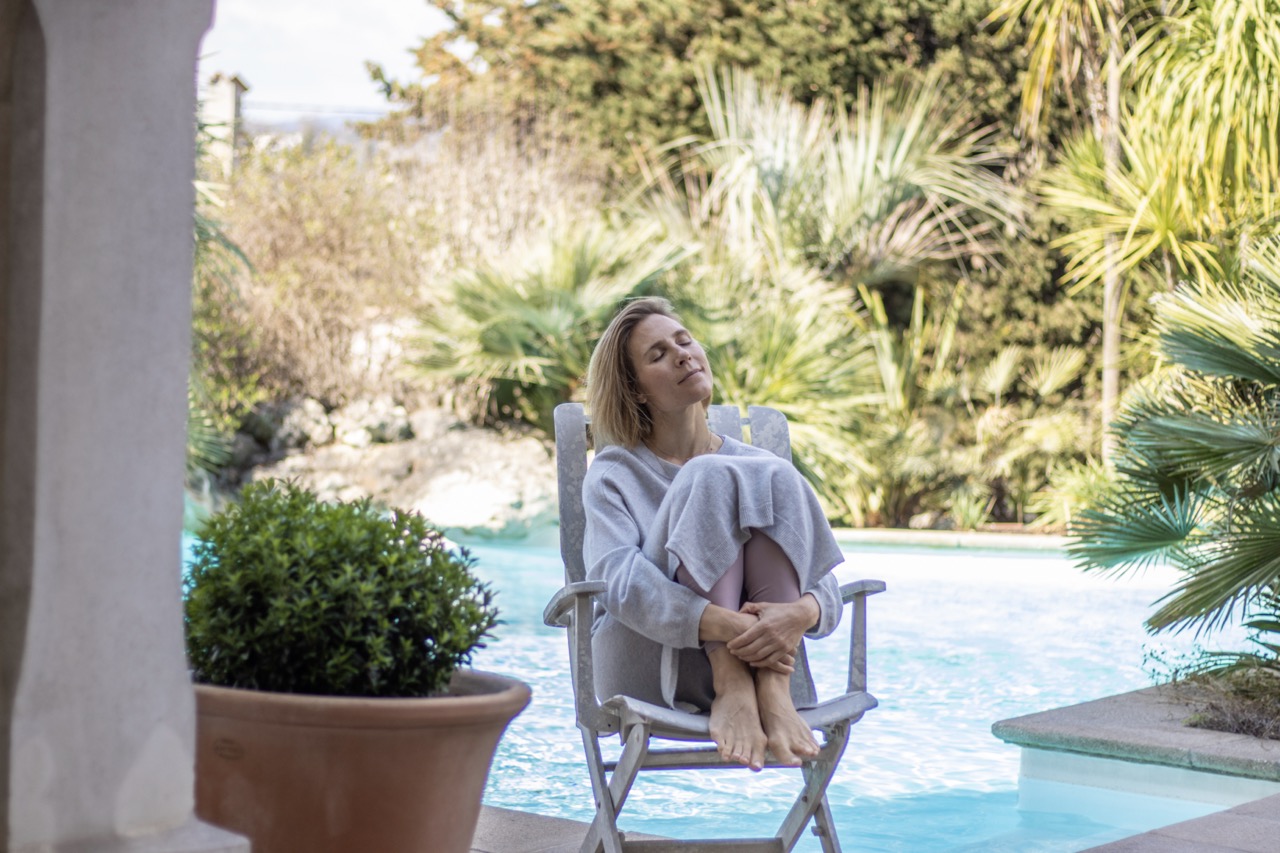Relationships lie at the root of our wellbeing. They can either be what brings us joy, health and healing, or, unfortunately, they can lie at the root of our pain, of our hurt and trauma. Understanding our relationship and our relational style is therefore at the heart of understanding our degree of wellbeing, and potentially of recognising that in healing our relationship style, we have the opportunity to increase our wellbeing.
We learn how to be in relationship, how to relate to others and what to expect from relationships from the way we were related to by our main caregivers growing up, and the conditions upon which those relationships were built and maintained.
safe, healing, harmonious and boundaried
If we’re lucky, we will have learned that relationships are safe, healing, harmonious and boundaried. That they offer repair, that we can trust another to be there for us when we need them, and that we are equally safe alone as with another or others. This is what is therapeutically called Secure Attachment, and it is this form of attachment that a professional therapist will bring to the therapeutic relationship, because it is the only one that can support therapeutic healing. Those who are securely attached tend to have healthier lives than those who are insecurely attached because they are able to engage in healthy social interaction, which is at the very root of a human being’s wellbeing.
untrustworthy, unsafe, distant, scary
Alternatively, we may have learned that relationships are not dependable, untrustworthy, unsafe, distant, scary, sometimes hurtful or too smothering, and we may have had to retreat inwards or away in order to feel safe and to protect ourselves. This creates the Avoidant Attachment style. We all know these people who we feel are never quite fully there or present, who have difficulties committing, or who run away at the last minute. We may even recognise this behaviour in ourselves sometimes.
Or, we may have had a main-caregiver who was inconsistent; sometimes available, close and attuned, who may have been very close to us emotionally at times, and at other times may have failed to connect to us, or made us feel rejected and unwanted . This may have led us to become very clingy to our parent, overly demonstrative for attention-seeking, constantly worried that we may be abandoned from one minute to the next or concerned that we may be misunderstood or unloved. This is what is called the Anxious Attachment style, and we certainly know how to recognise this in ‘needy’ behaviour, in others or in ourselves when we feel overly anxious about our security in a relationship.
how we have been related to, will also determine how we relate to ourselves
Whatever we learn about relationships in our first years of existence templates us for the way we expect others to behave and for the way we behave towards others. Further, how we have been related to, will also determine how we relate to ourselves. And this way of relating will have a direct impact on our mental, emotional, and physiological wellbeing. Of course these styles lie on a spectrum, and we may experience expressing more than one of these at different times, but we will all have a dominant style, unless we have Disorganised Attachment, which means we both disconnect or withdraw, and can also be overly anxious about our relationships.
If the way you are in relationship to others or to yourself feels unresourceful, you can begin to heal this through the secure therapeutic relationship, which for some of us, can offer our very first experience of secure attachment – and this is very healing, as we begin to change relationally via osmosis.
How healing, nurturing, supportive, engaging and secure do you feel the way you relate to yourself and others is? If you feel you would like to improve, and become more secure in your relationships with yourself and others, you can begin your healing journey with me, Anne-Fabienne @AFCoaching. Book your discovery call now to find out if this could be for you by clicking on the button below. It’s never too late …



